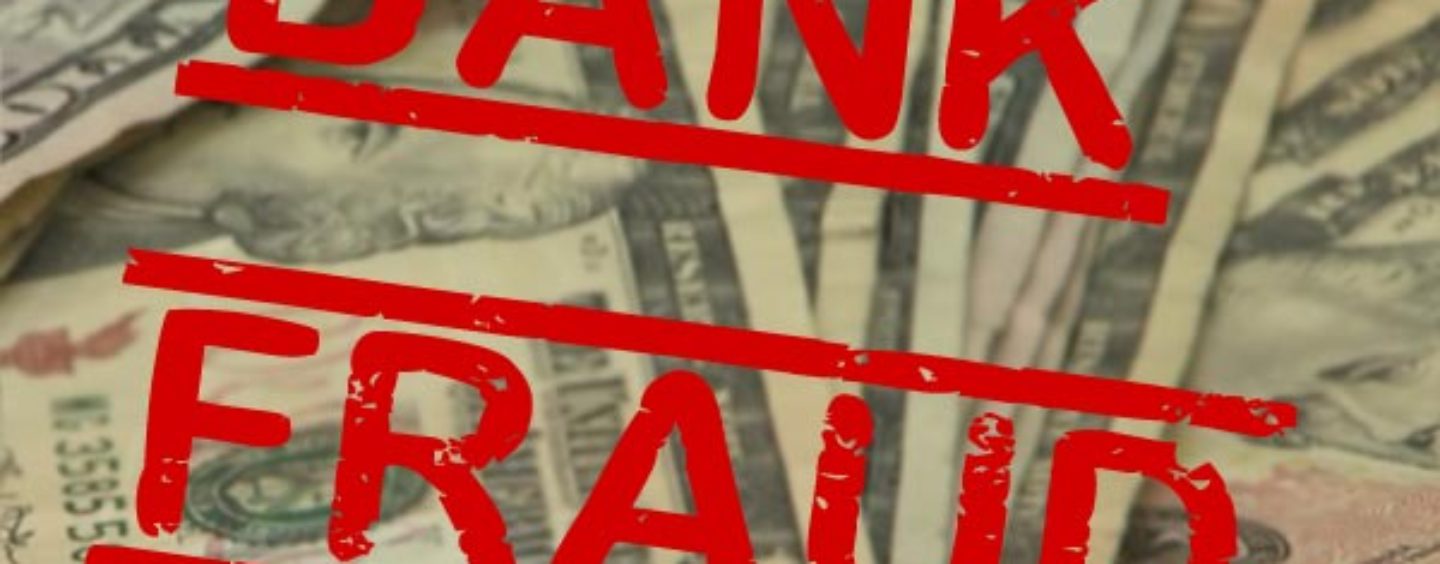The odds were undoubtedly stacked against state Rep. LaShawn Ford when federal prosecutors indicted him on felony bank fraud charges more than a year and a half ago, the report continues from the Chicago Tribune.
The already sky-high conviction rate at the Dirksen U.S. Courthouse rises to near 100 percent in recent years when it comes to public figures. The cases that are brought against elected officials are typically buttoned down tight, experts say. Little is left to chance.
But in a highly unusual move Monday, prosecutors agreed to drop all 17 felony charges against Ford in exchange for his guilty plea to a single misdemeanor tax count.
The deal means the West Side Democrat won’t be forced to resign his post in Springfield and will likely be spared any prison time when he is sentenced three days after the general election in November.
Prosecutors declined to comment on the sudden turn of events, leaving many unanswered questions on how the case seemingly fell apart so close to trial.
Jeffrey Cramer, a former federal prosecutor, said cases brought by the U.S. Attorney’s Office against politicians are often described as slam dunks, but it’s always possible for evidence to shift or witnesses to go south – either by changing their stories or proving to be less than credible.
“It happens,” said Cramer, now head of the Chicago division of the private security company Kroll. “Not very often, and certainly not very often in this particular office…But this is a human endeavor, and sometimes the unexpected happens.”
Ford’s attorney, Thomas Anthony Durkin, an often outspoken critic of the U.S. Attorney’s Office, hailed the outcome as vindication for his client but was careful to commend prosecutors for what he called a courageous decision.
“It is a tremendous concession that they should be praised for,” Durkin told reporters after court. “A lot of prosecutors’ offices would have been belligerent enough to force the case to trial and run the risk of losing.”
Asked whether prosecutors had overcharged the case in bringing charges in 2012, Durkin demurred, saying he didn’t want to gloat but then added: “We’re smiling, OK? We’re very happy.”
In a telephone interview later Monday, Ford, 42, a former Chicago Public Schools teacher, said he was relieved, not angry, at the sudden turnabout.
“This is going to allow me to focus on my community and my family and make my mother proud of me,” Ford said.
He said the charges were particularly hard on his mother, who was diagnosed with ovarian cancer at about the same time and has only recently been declared cancer-free.
“It’s been a very, very tough time. My family went through a lot,” said Ford, who is running unopposed on the November ballot for a fifth term. “We are moving forward as a family.”
Ford said the deal to plead guilty to a misdemeanor came together quickly.
“There were talks, but there was nothing concrete,” he said. “You can always speculate, but it wasn’t until this morning that I knew there was a deal.”
Under federal sentencing guidelines, Ford could be sentenced to up to 6 months in prison, but probation is the most likely outcome in part because he is first-time offender.
In pleading guilty to the misdemeanor, Ford admitted that in his 2007 tax return he over-reported what he spent to rehab a single-family house in Chicago’s Austin neighborhood, reducing his capital gain from the sale of the home. The deception cost the Internal Revenue Service a tax loss of $3,782, according to the plea deal.
Ford was originally charged with lying to ShoreBank to obtain a $373,500 extension on a line of credit to fix six depressed real estate properties on the West Side. The indictment alleged Ford improperly used some of that money to pay off personal expenses, including car loans, credit cards, mortgages, campaign costs and payments to a Hammond casino.
From the beginning Ford had disputed the charges, blaming the indictment on the bank’s eventual failure in 2010 and declaring in an interview with the Tribune, “I’m no fraud.”
In a motion filed in June asking the judge to dismiss the charges, Ford’s lawyers alleged prosecutors had targeted him because he was a politician and African-American, noting that none of the other highly questionable loans connected to the bank’s failure resulted in criminal charges. Prosecutors disputed the allegation, and U.S. District Judge Rebecca Pallmeyer denied the motion.
Meanwhile, a lawsuit filed last year by the Federal Deposit Insurance Corp. blamed the failure of the politically connected bank — known for lending in blighted neighborhoods — on poor risk management by its directors and officers. Although the collapse cost the FDIC more than half a billion dollars, none of the bank’s upper echelon of executives or directors was sued.
In court Monday, Ford told Pallmeyer he had been seeing a doctor for anxiety issues since his indictment. As the judge asked him a series of standard questions about his ability to plead guilty, he mopped at his forehead with a handkerchief. After the hearing, Ford appeared to wipe tears from his eyes as he headed to the elevator.
Are you a victim of fraud or money scam? Share your story with us on the Money Credit and You Facebook page!
Original Article on Chicago Tribune






